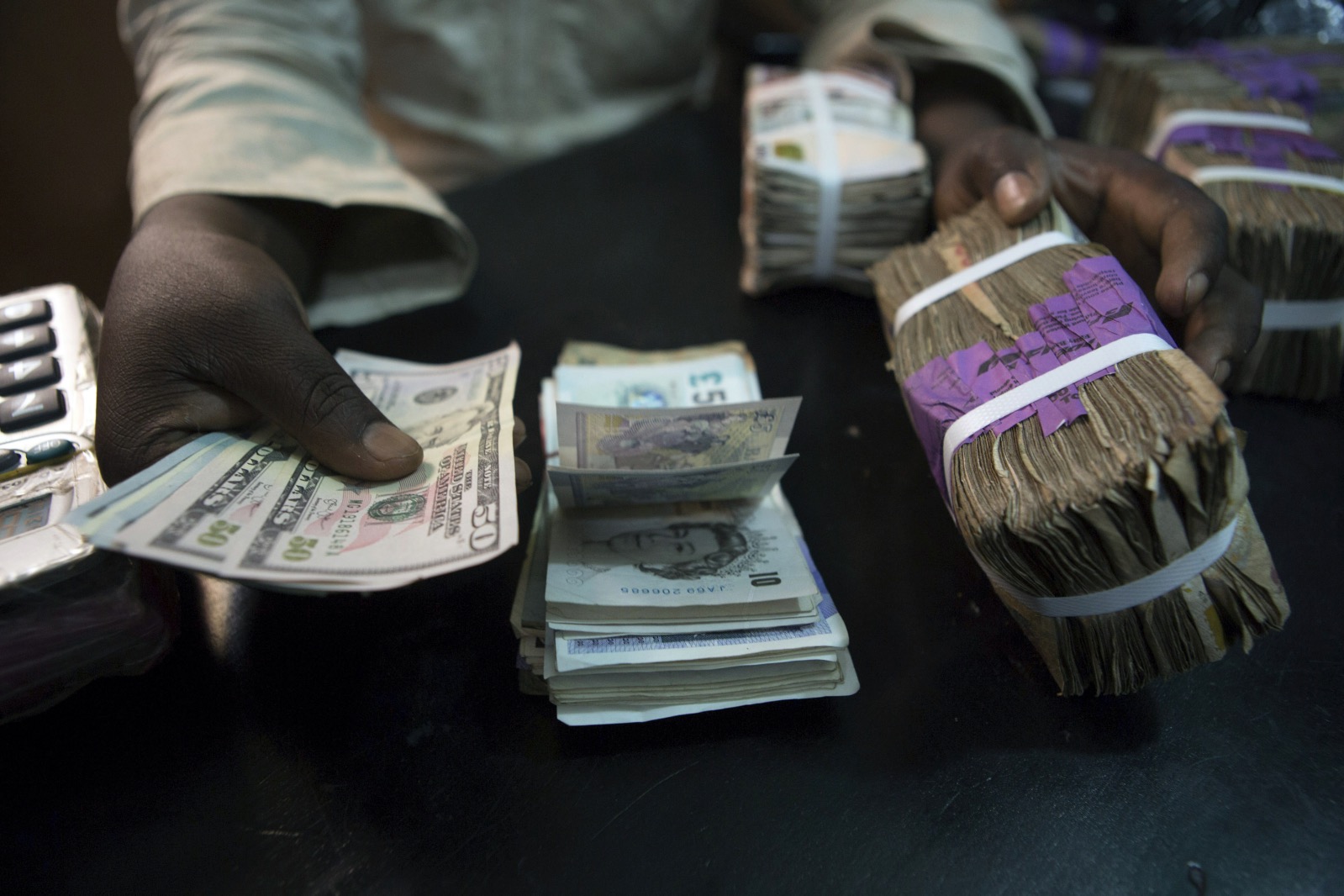The Lagos Chamber of Commerce and Industry on Sunday May 29, 2016 said that the policy thrust of the President Muhammadu Buhari’s government was faulty, insisting that after Buhari’s first year in office, the Nigerian economy had declined greatly.
The body in a report titled “The Economy After One Year of Buhari’s Administration”, gave an assessment of Buhari’s government and concluded that Buhari’s policy implementation suffered severe setback in the year under review.
It said Buhari’s government has no well-structured, broad based and synergized economic blueprint, stating goals, plans and policies and strategies to drive the economy to a desirable result.
The body said “there is, therefore, urgent need for central policy strategy with detailed and well-designed policy direction. This is critical to effective and efficient coordination and implementation of policy.
“While the policy goal of eliminating corruption is laudable, the need for concerted effort on the side of the government with respect to policy, legal and regulatory environments in order to boost private sector participation is highly desirable.
“Improving the ease of doing business through efficient business environment vis-à-vis effective infrastructure in all facets of the economy is pertinent”.
It challenged Buhari to resolve the weakening oil revenue and find creative ways to boost forex inflow to Nigeria so as to boost liquidity and ease access to forex through alternative sources.
The Lagos Chamber explained that the Gross Domestic Product of the country which stood at 2.35 percent in May 2015 when the Buhari’s administration came on board has crash landed to -0.4 percent in May 2016.
It said as at May 2015, one dollar exchanged for N197.9 but the naira fell to N350 in May 2016. It also said the rate of inflation rose from 8.7 percent in May 2015 to 13.9 percent in May 2016.
For the crude oil output, the body said the country’s production fell from 2.05 million barrels per day in May 2015 to 1.4million barrel per day in May 2016.
The nation’s external reserves fell from $29.1bn to $27.86bn as the country lost $1.25bn in Buhari’s government.
In May 2015, the federation allocation stood at N409bn but as at May 2016, it dropped to N299bn.
The Lagos chambers analysis further said the stock market declined with capitalisation dropped from N11.42 trillion in May 2015, to N8.7 trillion in May 2016.
Unemployment figures soared higher during the period, rising from 24.1 per cent in 2015, to 29.2 per cent in 2016.
Power output dropped from 3,205MW to 2,500MW; power available per day dropped from 13 hours to 5 hours and banks’ bad loans rose from N25.3 billion in May 2015 to N41.5 billion in May 2016.
Making recommendations on how to stem the drift, the chamber observed remarkable success in containing Boko Haram insurgency by pushing them from taking territories and local councils to the fringes of Sambisa Forest.
It said as the final clearing of Boko Haram continues, it urged the government to extend its attention to the growing security breaches coming from groups such as the armed herdsmen and the Niger Delta militants, insisting that businesses and the private sector could only thrive in a peaceful and secure environment.







